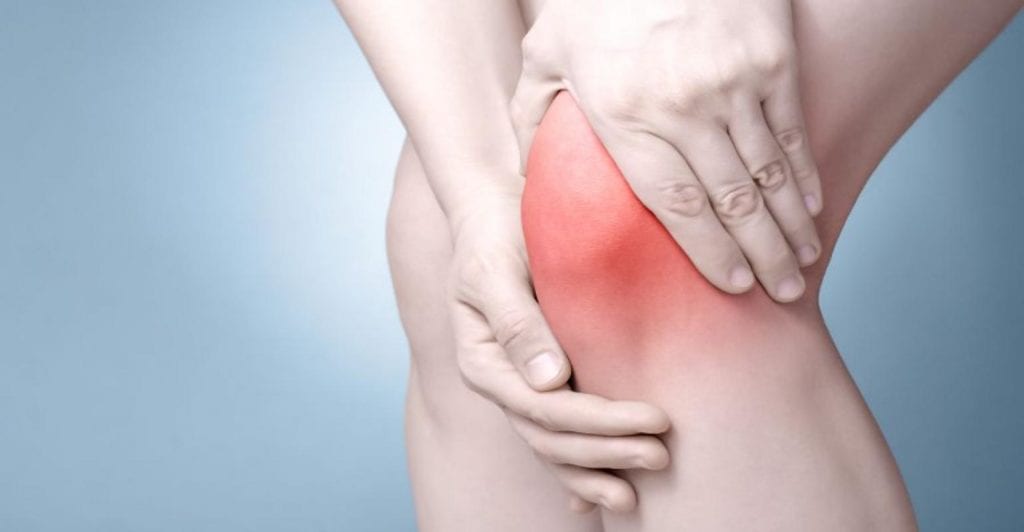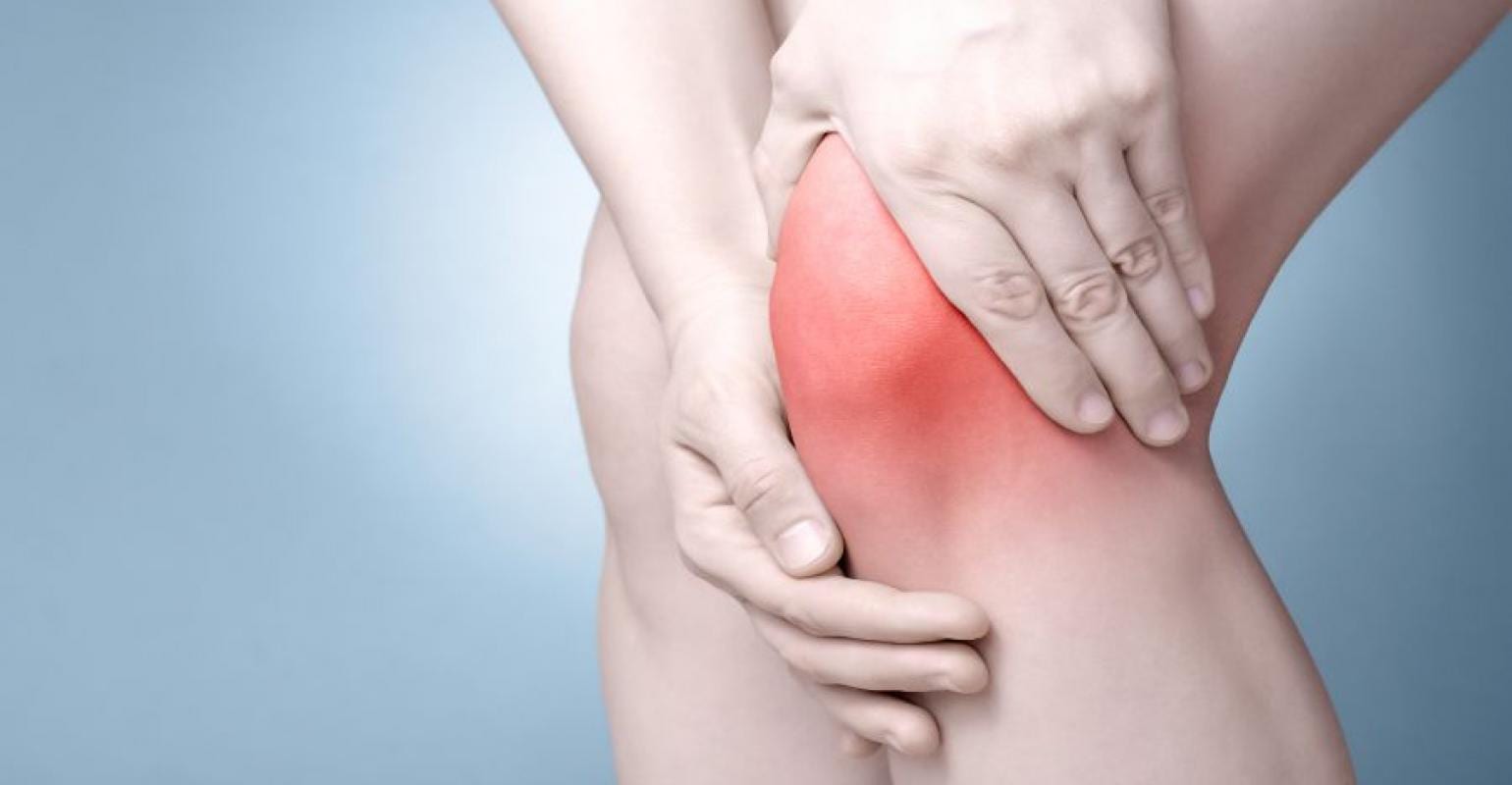
Inflammation is the body’s natural protective response to infection and injury. Inflammation shields the body from further damage by informing the immune system to get into action and start healing damaged or infected tissues. This mitigates the risk of infection from disease-causing microbes.
If inflammation did not occur, injuries would take longer to heal and harmful microorganisms would have a free hand over our body systems.
While the process of inflammation is essential to our wellbeing, scientists have found that it is also the root cause of several chronic health conditions, including stroke, arthritis and heart disease.
Chronic inflammation is the bane of modern living, but it can be controlled with a healthy lifestyle. The following information will help you understand the causes, effects and potential treatments for long-term inflammation.
What is acute inflammation?
Acute inflammation is what occurs when the body gets injured or infected. For instance, when you get a sore throat, a sore ankle or a knife cut, inflammation sets in to inform your immune system to take charge and arrest further deterioration of tissue.
Acute inflammation is, therefore, a local and short-lived process that you witness in the form of redness, localized pain, swelling and warmth (heat) in the affected area. These symptoms indicate that white blood cells have rushed to the affected body part to stop further damage.
In addition, the injured tissues release certain chemicals that act as informants to the immune cells, telling them to kickstart the healing process. Clotting of blood, onset of pain and fever further support healing. Once the problem is fixed, the inflammation disappears.
What is chronic inflammation?
As the name indicates, chronic inflammation is acute inflammation that lasts longer than required. In addition, chronic inflammation is misdirected inflammation as it often occurs at places where it is not needed. Because of its persistent nature but subtle presence throughout the body, chronic inflammation can be hard to detect. The presence of low-level long-term inflammation is the breeding ground for several diseases.
Chronic inflammation can occur when the immune system perceives a threat to the body that does not really exist (that is, a false threat) and signals the white blood cells to crowd the area perceived to be in danger. When the white blood cells find nothing to heal, they may eventually start damaging the healthy cells and tissues.
A minor increase in the immune cell markers in a person’s blood is an indication that the immune system is trying to fight chronic inflammation.
What are some common symptoms of chronic inflammation?
Aside from causing joint pain and stiffness, chronic inflammation often manifests in the form of chronic headaches such as migraine, unexplained fatigue, mouth ulcers, digestion problems, stomach pain, skin rashes, infections and chest pain.
How does inflammation impact vital organs?
While inflammation is at the root of several autoimmune disorders, it can affect any internal organ and cause it to malfunction over time.
For instance, inflammation is both the cause and effect of joint disorders such as rheumatoid and psoriatic arthritis; inflammation in the lungs can lead to shortness of breath and reduced lung function; chronic inflammation of the liver or kidneys can cause organ failure; and inflammation of the heart can cause stiffness of arteries, retention of fluid, aside from increasing the risk of plaque formation and thereby heart attack.
How do physicians detect inflammation?
Acute inflammation has too many telltale signs and is in fact an indication that your immune system is in good shape. Doctors treating injuries and infections know that the pain, soreness and swelling are part-and-parcel of the healing process, and treat the same with medication.
On the other hand, chronic inflammation can be difficult to diagnose as it often occurs without any visible symptoms. A physician can ascertain chronic inflammation by looking at your diet and lifestyle as well as any harmful external exposure that could be promoting the production of free radicals in your body.
In addition, your doctor may advise a blood test to check for high levels of C-reactive protein (CRP), a marker for inflammation that indicates the presence of chronic inflammation in the body. High levels of CRP in the bloodstream are a sign of an underlying infection, an elevated risk of heart disease, or a chronic illness such as rheumatoid arthritis.
What is the conventional treatment for chronic inflammation?
Nonsteroidal anti-inflammatory drugs (NSAIDs) are often prescribed to relieve symptoms such as pain and swelling. Other treatments include the use of steroids, which reduce inflammation by suppressing an overactive immune system, and intake of fish oil and other nature-based supplements available in pill, capsule, softgel, liquid and powder form.
Do note that long-term use of over-the-counter pain relievers and steroids is associated with an increased risk of disease and organ damage.
Can anti-inflammatory foods help control chronic inflammation?
Yes. Researchers have found that certain foods help in controlling and even reversing inflammation. Typically, a wholesome and nutritious diet full of fresh fruits, leafy green vegetables, nuts, olive oil, and fish are recommended as part of an inflammation-fighting lifestyle. In particular, foods rich in omega 3 fatty acids and antioxidants are said to be beneficial in controlling inflammation-induced cell damage.
Along with increasing your intake of healthy foods, you need to simultaneously wean yourself off unhealthy and oily junk food, trans-fats, saturated fats, sugary snacks and beverages, refined flour, red meat, alcohol and smoking. All of these contribute to the formation of free radicals, the well-known culprits behind cellular damage.
What are some natural therapies for chronic inflammation?
Aside from anti-inflammatory drugs, there are number of alternative therapies that have proven useful in reducing the severity of symptoms such as chronic pain, swelling, joint stiffness, and so forth. Ancient herbs and spices such as turmeric, black pepper, ginger, green tea, cloves, cinnamon, rosemary and frankincense are helpful in reducing inflammation-induced damage.
Adopting a healthy diet and exercise regimen is one of the primary ways to flight inflammatory disorders. As stress has been long linked to inflammation, controlling factors that cause stress and anxiety in your life is as important as changing your food habits.
Aside from these, yoga, daily aerobic exercise, walking, and meditation can be helpful in fighting chronic inflammation.
Is medical marijuana an alternative therapy for chronic inflammation?
While cannabis has been used for centuries as a natural therapy for a number of mental and physiological disorders, its use for the treatment of chronic inflammation and pain has become popular in the last few decades.
With medical marijuana legalized in many US states, believers of alternative therapy (or those who have not benefited from conventional medication) are able to use it for alleviating rheumatoid arthritis, insomnia, PMS, chronic headaches, PTSD, after effects of chemotherapy, seizures, and more.
If you’re interested in exploring the healing effects of medical cannabis on inflammation, you need to get a doctor’s certificate to buy the product from a licensed dispensary. You can source medical cannabis from an authorized and trusted medical dispensary san francisco that offers high-grade cannabis products for both medical and recreational use.
How does stress cause inflammation in the body?
When a person experiences psychological stress, their body releases the stress hormone cortisol into the bloodstream in order to fight the harmful effects of stress. Stress response is good for your body and indicates that your immune system is functioning properly.
However, the increased release of stress hormones also triggers an increase in inflammatory molecules. When stress is a part of your everyday life, over time your body gets programmed to be in stress-response mode for long periods, thereby giving an opportunity for inflammation to develop while your immune function has been put on sleep mode temporarily.
While some stress may be unavoidable, you can minimize its effects on your physical and mental health by learning to manage stress, getting sufficient sleep and rest, going for weekend getaways and cultivating a relaxing hobby.
How is chronic inflammation linked with depression?
The pro-inflammatory chemical substances, which are released into the bloodstream as a part of the body’s natural response to physical or mental stress, have been found to affect mood in some people.
Researchers have found that stress causes the activation of immune cells in the brain, which in turn can lead to depressive feelings. Chronic inflammation caused by such hormonal imbalances has been known to induce symptoms of depression, and when inflammation strikes a person who is already living with depression, it can make their symptoms worse.
Conclusion
To summarize the above information, while short-term inflammation is good for your body, a long-term inflammatory response can affect healthy cells and tissue and lead to several major health problems, including cardiovascular disease and stroke.
While some autoimmune inflammatory disorders such as rheumatoid arthritis cannot be completely cured, their symptoms can be managed with prescription medication, alternative treatment therapies or a combination of both if allowed by your physician. In addition, cultivating a healthy, active lifestyle and watching what you eat are the two cornerstones of your fight against inflammation.
